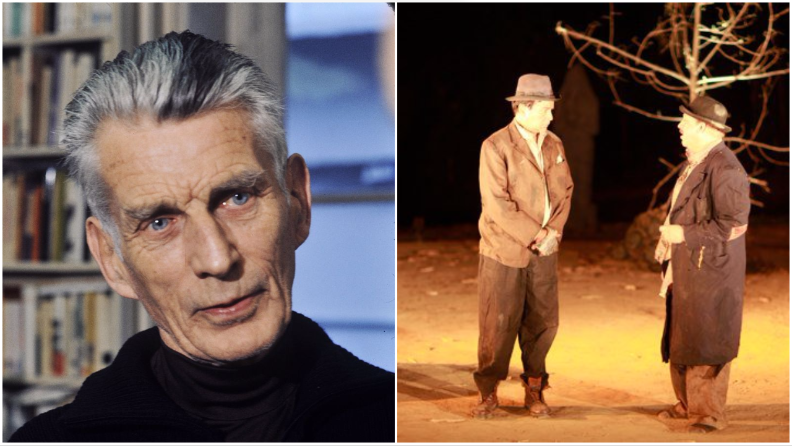Samuel Beckett was one of the most influential playwrights, theater directors and theater theoreticians of the 20th century. He is one of the key representatives of the “Theater of the Absurd, ” and his works are known for their dark humor and an extremely tragicomic outlook on human existence.
Waiting for Godot is Beckett’s most famous play. It was originally written in French, nd it premiered in 1953 in Paris. The English version of the play premiered in London in 1955, and the British Royal National Theatre voted it as the most significant English language play of the 20th century.
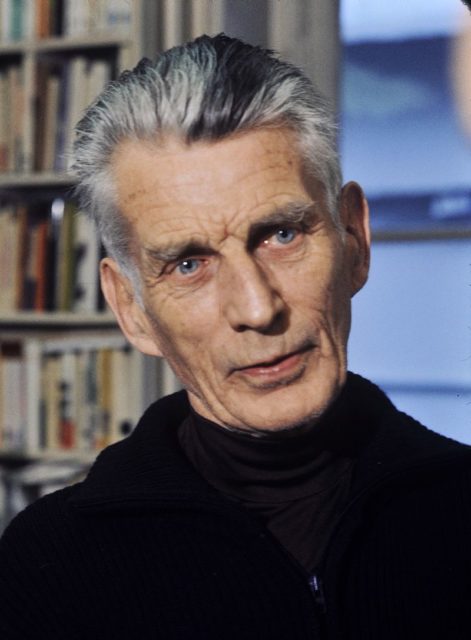
The play follows two characters, named Vladimir and Estragon, as they wait for the arrival of a person named Godot. They engage in a series of political and existential discussions and meet several interesting characters, but Godot never arrives. The play became a universal metaphor for hopelessness, the absurdity of existence and complexity of human nature.
Waiting for Godot’s vague existential content leaves it open to subjective interpretation. Various theater groups across the globe have staged numerous variations on the theme of Godot in order to emphasize their own ideas. However, Beckett was never a fan of the interpretative approaches to the play.
In the 1980s, several women’s theater groups decided to stage the play, and Beckett objected to this idea because he thought that women wouldn’t be able to deliver an accurate portrayal of the two named characters.
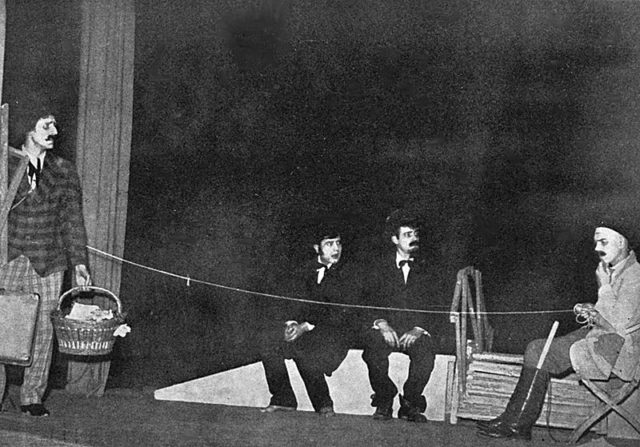
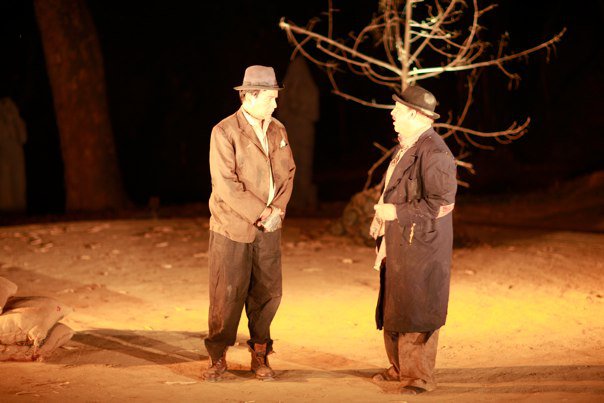
One of Beckett’s main arguments was that women don’t have prostates: Vladimir frequently has to leave the stage to urinate because of his prostate problems, and Becket thought that a woman couldn’t play Vladimir because she would disregard the character’s main traits.
The issue of gender was apparently vital for Beckett: in 1988, he sued a Dutch theater company named De Haarlemse Toneelschuur for trying to stage Waiting for Godot with an all-female cast.
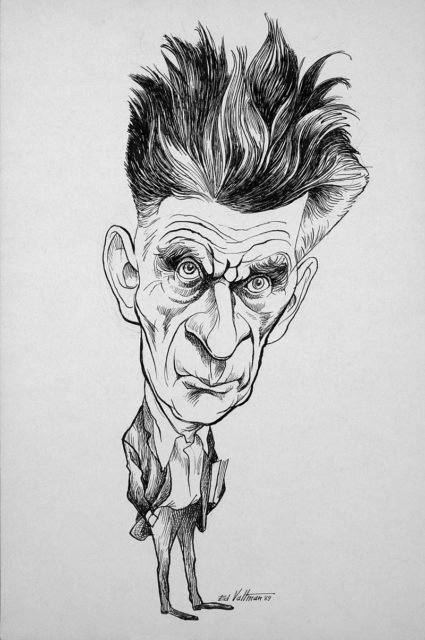
Beckett died in 1989 and the ban lasted until 1991, when it was lifted by a Dutch judge named Huguette Le Foyer de Costil. She ruled that an all-female production of Beckett’s play wouldn’t harm Beckett’s legacy or the original intention of his play, and that same year the play was performed by an all-female cast at the prestigious Avignon Festival.
Since then the play has regularly been performed by all-female casts in theaters across the globe.
